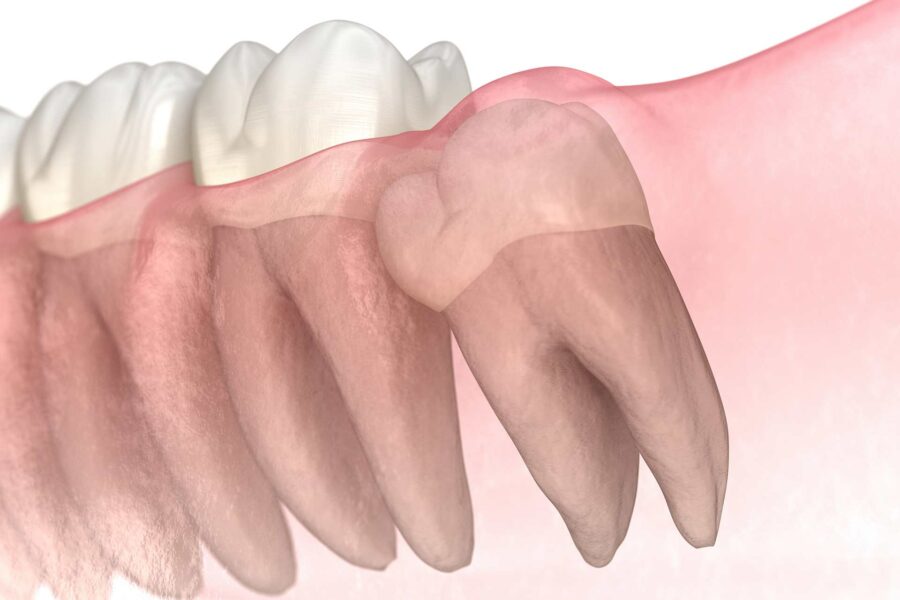
Wisdom teeth, also known as third molars, are the last set of molars to erupt in the back of the mouth. They typically appear between the ages of 17 and 25, but can sometimes emerge later in life or not at all. While not everyone needs to have their wisdom teeth removed, there are a number of reasons why a dentist in El Paso may recommend extraction.
First and foremost, wisdom teeth can cause overcrowding in the mouth. Most people do not have enough space in their jaw to accommodate these extra teeth, which can cause them to push against surrounding teeth and disrupt the bite. This can lead to pain, discomfort, and even tooth decay or gum disease.
In some cases, wisdom teeth may become impacted, which means they are unable to fully emerge from the gum line. This can create a flap of gum tissue that covers the tooth, which can trap food and bacteria and lead to infection or swelling. Impacted wisdom teeth can also cause damage to adjacent teeth, gums, and nerves.
Even if wisdom teeth emerge without any problems, they can be difficult to clean because they are located so far back in the mouth. This can make them more susceptible to decay and infection, which can then spread to surrounding teeth and gums.
For these reasons, many dentists in El Paso recommend having wisdom teeth extracted as a preventative measure. This can be done through a simple outpatient procedure, often using local anesthesia or sedation to minimize discomfort. Recovery time typically takes a few days, during which patients may need to stick to soft foods and avoid strenuous activity.
While not everyone needs to have their wisdom teeth removed, it’s important to have them evaluated by a dentist in El Paso to determine if extraction is necessary. With proper care and treatment, patients can avoid the pain, discomfort, and complications that can arise from leaving wisdom teeth in place.





Recent Comments